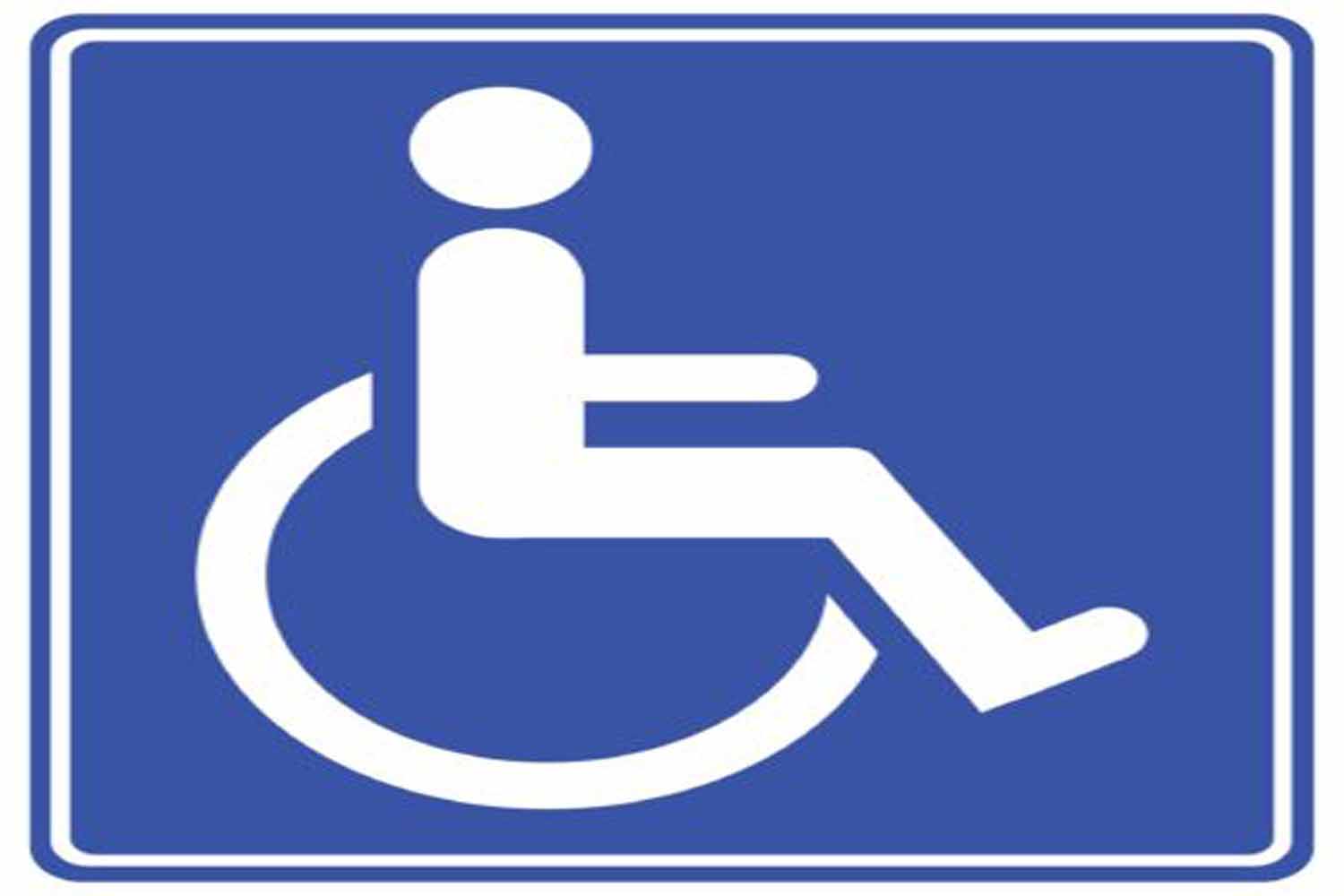
Earlier this year the Third District Court of Appeals narrowed two significant unit owner defenses to enforcement actions, selective enforcement and waiver/estoppel when it decided Laguna Tropical, a Condominium Association, Inc. v. Barnave, Case No. 3D16–1531 (Fla. 3d DCA January 25, 2017). For more on the doctrine of Selective Enforcement, please review our October 2014 blog posting.








